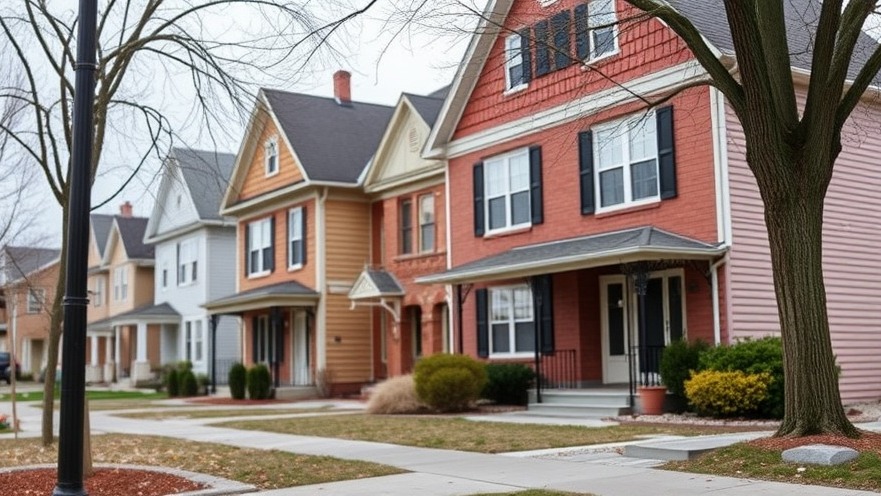
Understanding the Controversy over Property Tax Increases in Texas Cities
Recent developments in Texas politics have cast a spotlight on the property tax strategies of several cities. Attorney General Ken Paxton has directed four cities—Odessa, La Marque, Tom Bean, and Whitesboro—to halt their planned property tax increases, alleging they are not in compliance with a recently enacted law mandating timely financial audits. This controversy is more than a simple disagreement; it signifies our evolving relationship with local taxation and governance.
Contextualizing the Tax Debate
The law at the heart of this issue, signed by Governor Greg Abbott earlier in the year, requires municipalities to file their annual financial reports by strict deadlines. Failure to comply means local governments cannot impose tax hikes. Paxton's office claims these cities may have violated this law, sparking an investigation that raises questions about local autonomy and state oversight. As municipalities grapple with financial strains, the robustness of this new auditing law is under scrutiny.
The City Officials’ Perspective
City leaders have pushed back against Paxton's claims, asserting that they are compliant with state laws and arguing that the enforcement of this law prior to its intended application is inappropriate. For instance, officials from La Marque and Whitesboro maintain that their tax increases are essential for funding critical city services like hiring firefighters and financing infrastructure projects. As Barbara Holly, interim city manager of La Marque, stated, "There’s a lot of work we’re trying to get done to save this city." Such sentiments reflect the localized struggles these cities face, placing them at odds with state directives.
The Financial Health of Surrounding Communities
The implications of Paxton's directive extend beyond legal compliance; financial health is a pressing concern. Odessa, for instance, complains about the rising costs associated with delayed audits, exacerbated by legislative changes. With property taxes being a primary revenue source, cities argue these increases are vital for maintaining and expanding critical services amidst challenging economic conditions.
Broadening the Narrative: The Impact on Taxpayers
As these cities navigate the complexities of new regulations, taxpayers are left standing at the crossroads of this debate. The impact on homeowners can be substantial, with Odessa estimating an additional $39 per month in property taxes for residents following the increase. For many, this raises crucial questions: what does compliance look like, and how does it intersect with local needs?
Political Underpinnings and Future Implications
This incident speaks to broader themes in Texas politics where state lawmakers strive to exert control over local governments to mitigate what they view as reckless fiscal behavior. The ongoing tensions highlight the potential future landscape of taxation in Texas, where compliance with regulations could further dictate the financial capabilities of local municipalities and their ability to serve residents effectively. As elections approach in 2025, these issues could shape political platforms significantly.
Conclusion: Staying Informed and Engaged
The unfolding situation regarding property tax hikes in Odessa, La Marque, Tom Bean, and Whitesboro is a complex intersection of governance, finance, and community needs. For residents, understanding these developments is imperative, as they may directly influence local economic conditions and services. Advocating for transparency and informed decisions in local governance is not just a civic duty; it ensures that taxpayers' voices are heard and valued in these debates. Follow local news and participate in community discussions to stay informed about how these policies will affect you. Sign up for updates on Texas politics and community events to understand what drives the policies impacting our lives.
 Add Element
Add Element  Add Row
Add Row 



Write A Comment